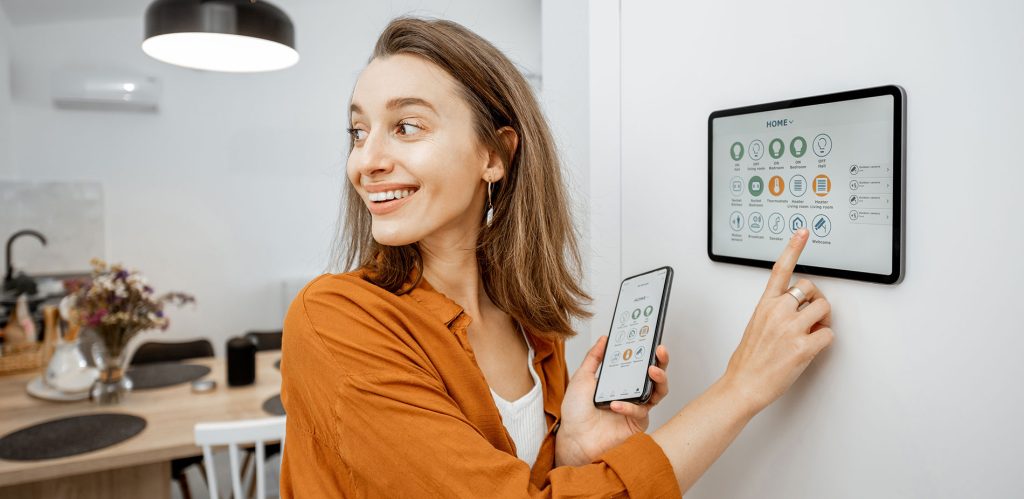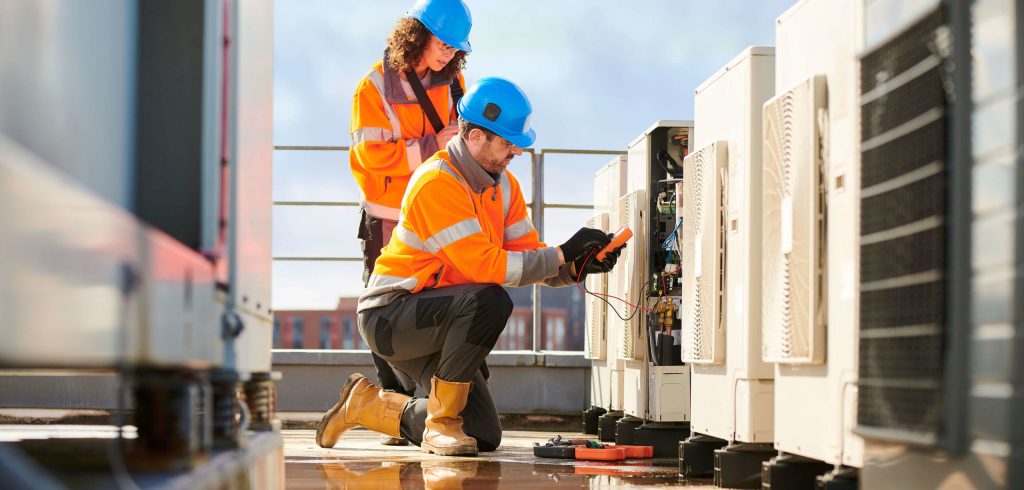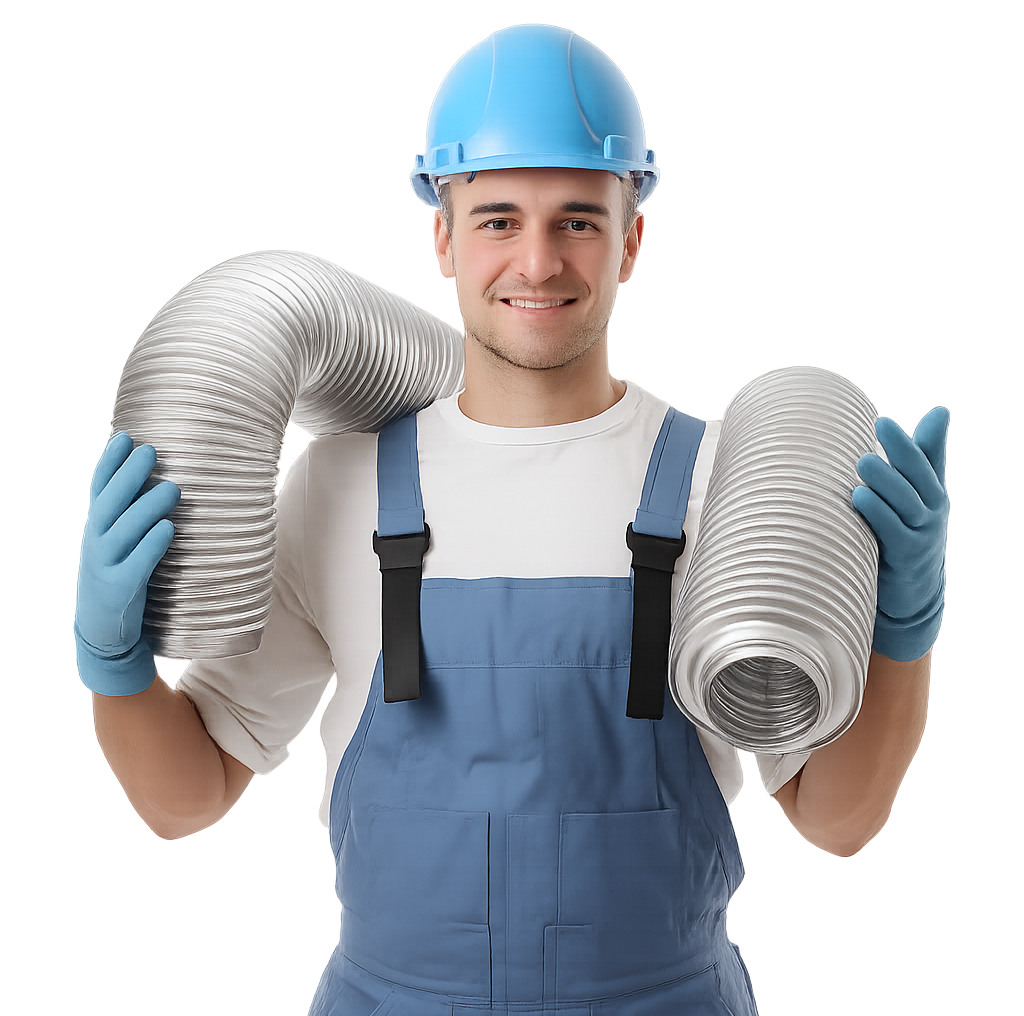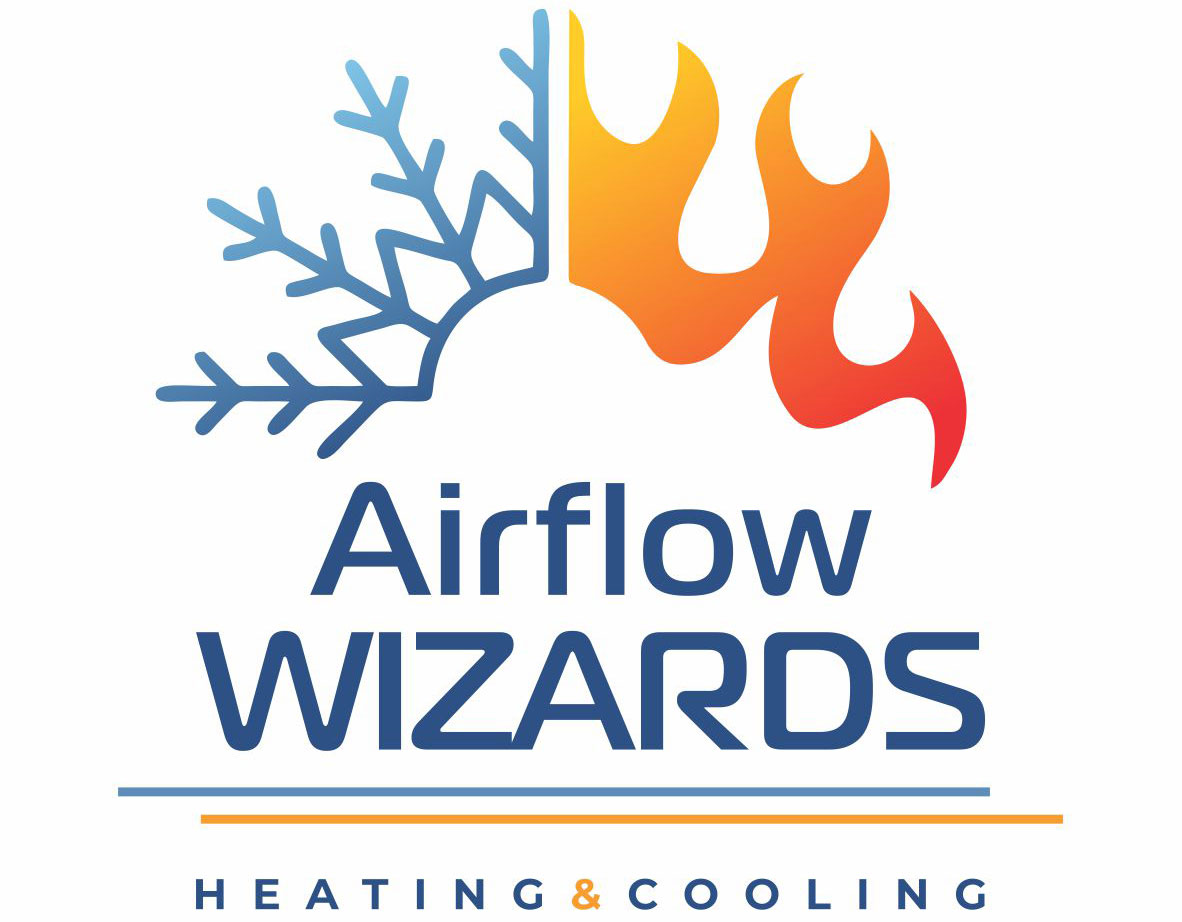Heat Pumps in Los Angeles: Why They Work and When to Call for Repair
Why heat pumps fit Los Angeles

A heat pump moves heat instead of creating it, which is inherently efficient in a mild climate. For most of the year in Los Angeles, outdoor temperatures stay in the range where a heat pump’s coefficient of performance is high, often delivering two or more units of heat for every unit of electricity used. In cooling season, the same system runs as an air conditioner, and variable-speed operation keeps temperatures steady with low noise and fewer spikes in energy use.
Design and setup are what make that efficiency show up at the register. Correct sizing, clean indoor and outdoor coils, and verified airflow through the ducts allow the heating system to meet set point without long run times. Defrost controls, sensor placement, and thermostat staging matter on cool mornings, and dual-fuel homes benefit from a properly chosen balance point so the heating furnace only takes over when it is truly needed. If performance drops, timely heat pump repair services restore capacity, prevent excessive wear on compressors and fans, and protect the lifespan of the equipment.
Signs you need heat pump repair
If any of these sound familiar, book heat pump repair in Los Angeles:
- Outdoor unit ices up on cool mornings or the fan never starts
- Short cycling, frequent breaker trips, or thermostat won’t hold set point
- New rattles, buzzing, grinding, or a sweet chemical smell near the unit
- Unexplained bill increase without a heat wave or cold snap
Prompt repair services prevent larger failures and keep efficiency high. Rooms feel uneven, air is lukewarm, or defrost cycles run too often
Set Up an Heat Pump Repair Appointment
01.
Repair or replace
If major components fail on an older unit, we will compare heat pump repair services with replacement. You will see estimated operating costs, expected reliability, and any rebates that apply. For dual-fuel homes, we also evaluate your heating furnace controls and staging so the system runs at the lowest cost without comfort swings.
02.
Preventive care that actually helps
Annual maintenance keeps a heat pump efficient and stable. Our tune-ups include coil cleaning when needed, blower inspection, filter guidance, defrost verification, and performance testing. We document readings so trends are easy to spot next season. Members receive priority scheduling and savings on furnace services or accessory upgrades.
03.
Safety and indoor air quality
A heat pump does not create carbon monoxide during normal operation. If your home uses a gas heating furnace for backup, we test carbon monoxide and record monoxide levels at supply vents after every repair or tune-up. We also check venting and shut-down behavior on the furnace so your safety baseline is current.
04.
Upgrades that complement a repair
Consider high-efficiency filtration to protect the indoor coil and your family, a smart thermostat with staging and outdoor lockouts, return-air improvements that cut noise and reduce blower strain, and zoning or balancing to eliminate hot and cold rooms in larger Los Angeles homes.
- Common heat pump problems we solve
- What our Heat Pump Repair visit includes
- DIY checks before you call
Common heat pump problems we solve

When a heat pump struggles, the pattern of symptoms usually points to a specific root cause. The pointers below map common complaints to the faults we find most often in Los Angeles homes, so you know what to expect from a proper repair.
- No heat or cooling: failed capacitor, contactor pitting, low control voltage, or thermostat issues
- Icing in cool weather: weak outdoor fan motor, low charge, sensor placement, or defrost control fault
- Poor airflow: dirty filter, matted indoor coil, closed returns, undersized ducts, or blower issues
- Refrigerant leaks: flare connections, Schrader cores, coil pinholes, or micro-channel corrosion near the coast
- Loud operation: compressor mounting, fan blade balance, or cabinet vibration
Each repair is paired with a cause, so the fix lasts.
What our Heat Pump Repair visit includes
- System interview and inspection: We confirm symptoms, thermostat settings, filter condition, and clearances around the outdoor unit. We check for airflow restrictions and verify that registers and returns are open.
- Electrical and control checks: We test capacitors, contactors, relays, and low-voltage control circuits. We confirm defrost board logic and sensor placement, then verify reversing-valve coil operation.
- Airflow and duct measurements: We measure static pressure, inspect the blower wheel, and confirm that the indoor coil is clean. Proper airflow is essential for reliable heat pump operation and for accurate charge testing.
- Refrigerant circuit testing: We check superheat and subcooling against manufacturer targets, look for non-condensables or restrictions, and perform leak checks when needed.
- Defrost and cold-weather readiness: We test defrost initiation and termination, confirm outdoor fan operation, and validate supplemental heat staging on dual-fuel or electric backup systems.
- Safety documentation: If your home uses a dual-fuel setup with a heating furnace, we measure carbon monoxide and record supply monoxide levels. A heat pump does not produce carbon monoxide, but many Los Angeles homes pair heat pumps with gas backup heat, so we verify safety during the same visit. The service report includes baseline monoxide levels for future comparison.
DIY checks before you call
If these steps do not solve the issue, schedule heat pump repair so we can test components and confirm charge and airflow.:
- Set thermostat to Heat or Cool and raise or lower the set point
- Replace the filter and open closed supply and return grilles
- Clear leaves or debris around the outdoor unit
- Check the breaker and the outdoor service switch
- For dual-fuel systems, confirm that emergency heat is not selected by mistake
Current Promotions
Schedule an Appointment
Frequently Asked Questions about Heat Pump Repairs in Los Angeles
Why is my heat pump blowing cool air in heat mode?
Heat pumps deliver lower supply temperatures than gas heat but run longer and steadier. If air feels cool or never meets set point, you may have airflow, charge, or defrost issues that need heat pump repair.
How long do heat pumps last in Los Angeles?
Many systems run 12 to 15 years with proper design, installation, and maintenance. Outdoor environment, salt air, and duct condition affect lifespan.
Do heat pumps need refrigerant “topped off” every year?
No. If charge is low, there is a leak. We find the leak and correct it, then weigh in the correct amount per the nameplate or charge by superheat and subcooling.
Is a backup heater required?
In Los Angeles, most heat pumps meet demand without emergency heat. Dual-fuel systems add a heating furnace for the coldest mornings. We set lockout temperatures and staging so the lower-cost heat source runs whenever possible.
Why do I hear the outdoor unit pause and steam appear in cool weather?
That is usually a defrost cycle. If cycles are frequent or the unit never clears, the defrost sensor, board settings, or outdoor fan may need service.

